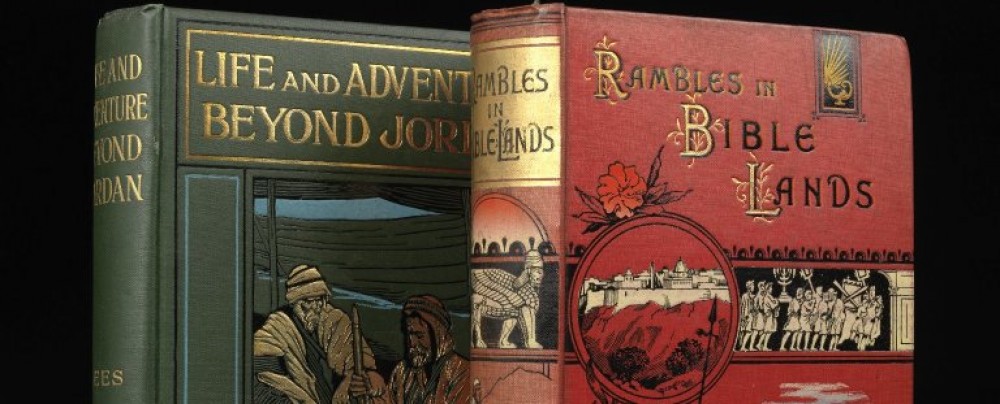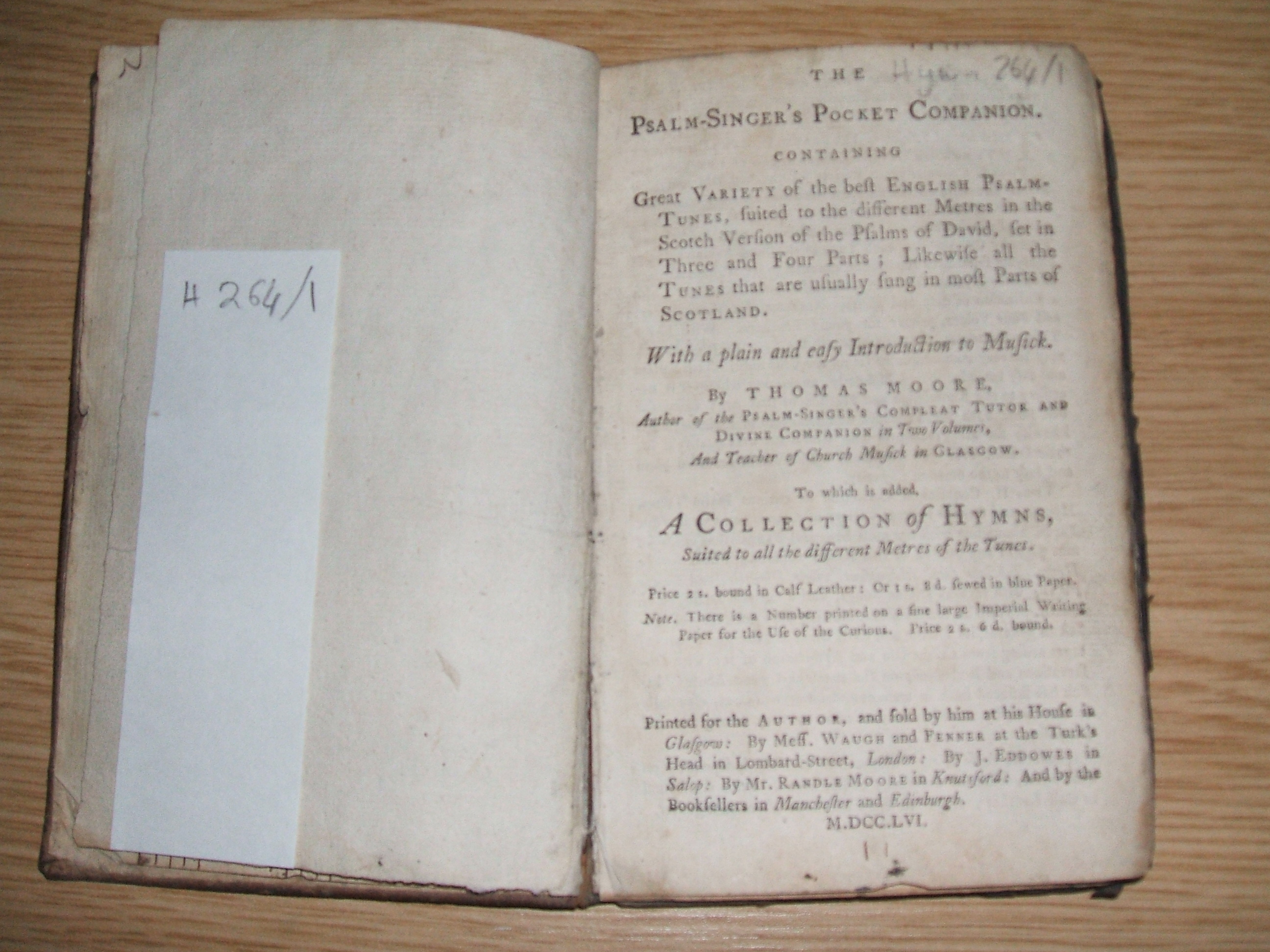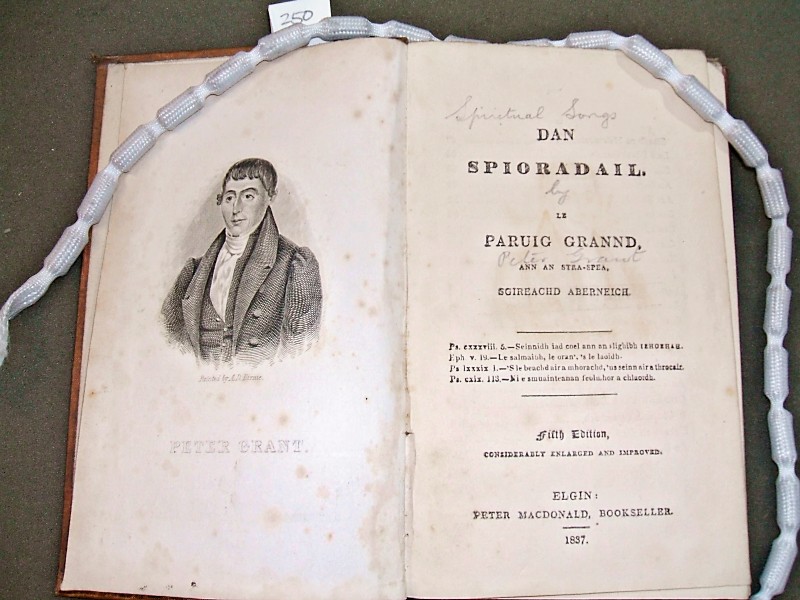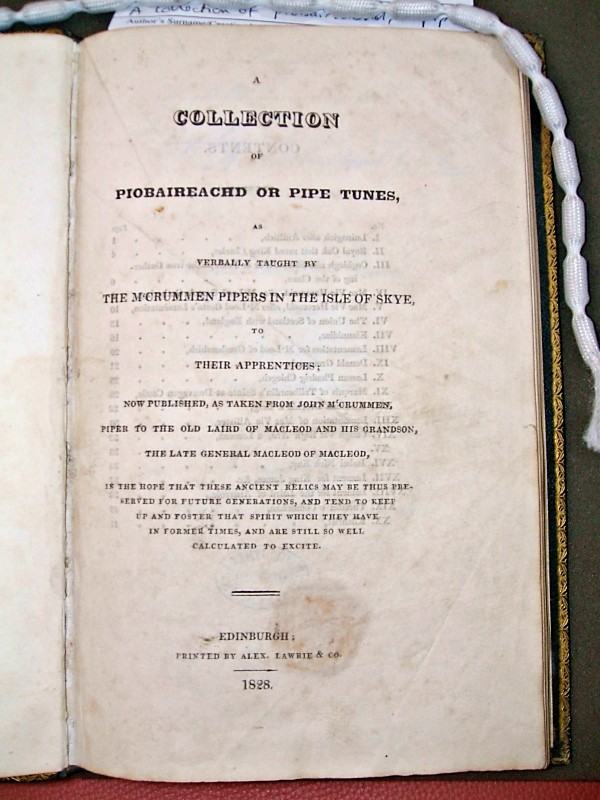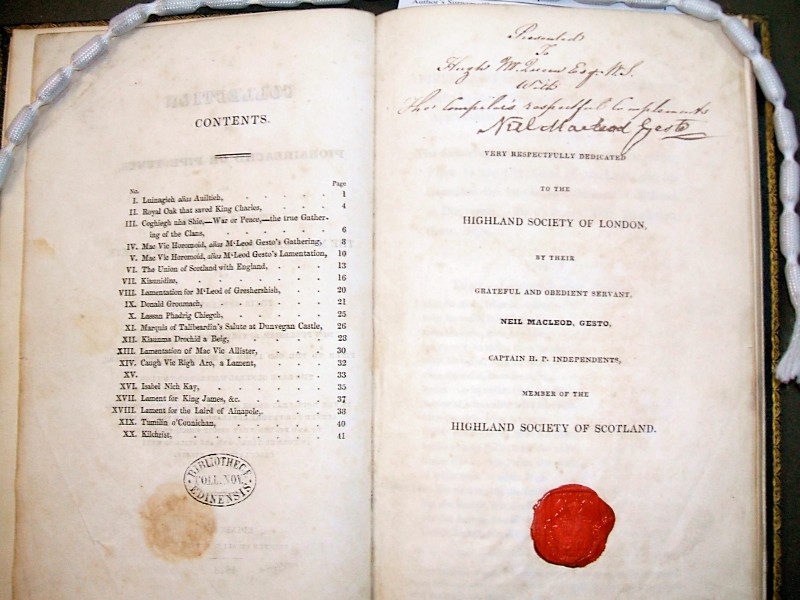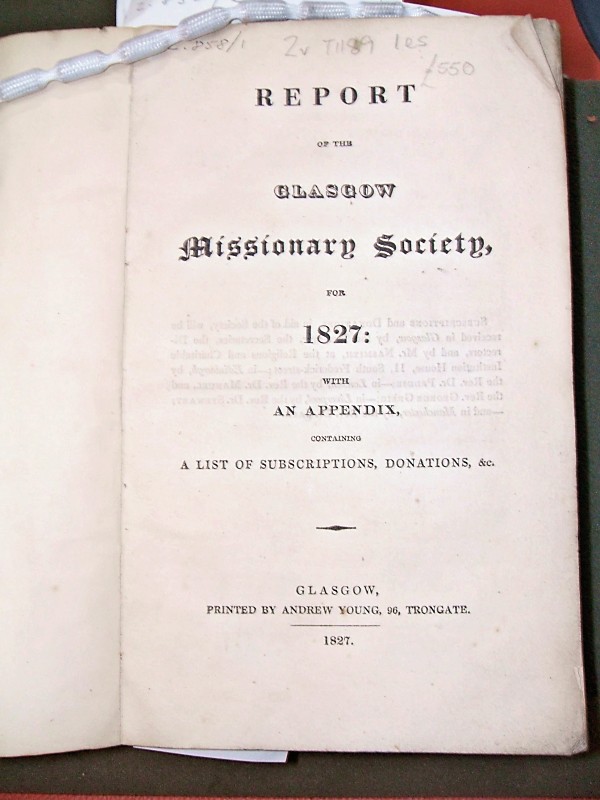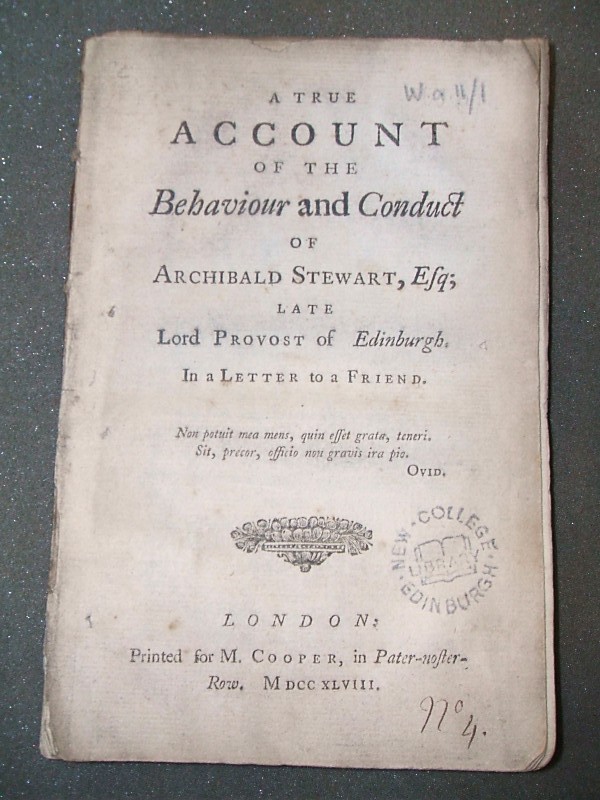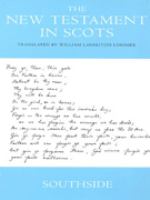The feast of St Cecilia’s Day is traditionally celebrated on November 22nd. A 3rd century martyr, St Cecilia is known as the patron saint of musicians. Her legend relates that, as a young Christian, she was betrothed to a pagan but she had already vowed her virginity to God. As the organs played at at her wedding feast, Cecilia sang (in her heart) to the Lord, asking that her heart remain pure.
Here’s a book of Psalms to remember her by. Thomas Moore’s Psalm singers’ pocket companion is a publication from the revival era known as Gallery Psalmody, where leading singers and choir were located in a loft of the church. The new style lasted for about a century from 1755, and its main features were choirs singing in harmony of usually three parts, with some solo sections. Thomas Moore (- d. 1792) was a music teacher from Manchester Cathedral who came to Glasgow to teach singing.
 This item is small, or pocket sized, and contains a number of manuscript doodles which may testify to the singer’s mind wandering elsewhere. Also interesting are the pages of handwritten music staves, perhaps to allow the singer to make notes of new tunes or harmonies.
This item is small, or pocket sized, and contains a number of manuscript doodles which may testify to the singer’s mind wandering elsewhere. Also interesting are the pages of handwritten music staves, perhaps to allow the singer to make notes of new tunes or harmonies.
The Psalm singers’ pocket companion belongs to the Hymnology Collection, and was catalogued as part of the Funk Cataloguing Projects. With thanks to our Project Cataloguer, Oreste de Tommaso, for supplying details of this item.
